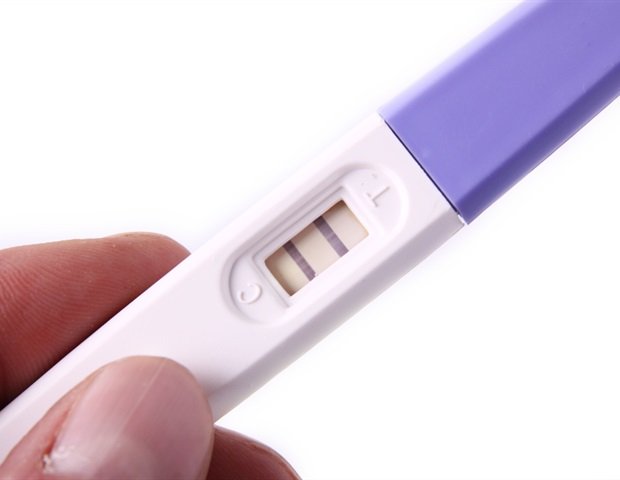Babies conceived after assisted reproductive techniques such as in vitro fertilization (IVF) have a 36% risk of being born with serious heart defects, according to the results of a very large study published today (Friday) in the European Heart Journal. % higher. ).
Researchers say the discovery is important because congenital heart disease is the most common form of congenital disease, some of which have life-threatening complications.
The study also shows that the increased risk is particularly associated with multiple births, which are more common in assisted reproduction.
The research was led by Professor Ulla Britt Wennerholm from the University of Gothenburg in Sweden. She said: “Previous research has shown that babies born with assisted reproduction are at increased risk, including premature birth and low birth weight. “We wanted to find out whether the babies born were at higher risk of heart defects.” . ”
The study included all live-born children born in Denmark between 1994 and 2014, all children born in Finland between 1990 and 2014, all children born in Norway between 1984 and 2015, and children born in Sweden between 1987 and 2015. Total of over 7.7 million.
The researchers compared data on babies born after assisted reproductive techniques such as in vitro fertilization, microscopic insemination (ICSI), and embryo freezing with data on babies conceived naturally.
They assessed how many newborns in each group were diagnosed with major or critical heart defects in utero or within the first year of life. They include the child’s year of birth, country of birth, mother’s age at birth, whether the mother smoked during pregnancy, and whether the mother had diabetes or a heart defect that can increase the risk of congenital heart disease. We considered other factors including gender.
This showed that babies born after assisted reproductive technology had about 36% more heart disease compared to babies born without such treatment (absolute risk 1.84% vs. 1.15%). This risk was similar regardless of the type of assisted reproductive technology used (IVF or ICSI, fresh or frozen embryos). However, the risk of multiple births after assisted reproductive technology was higher compared to singleton births after assisted reproductive technology (2.47% vs. 1.62%).
Professor Wennerholm said: “We already know that babies born after assisted reproductive technology are at increased risk of birth defects in general, but there is also a risk of congenital heart disease, the most common severe birth defect. I found it to be expensive,” he said.
“The fact that the risk of heart defects is similar regardless of the type of assisted reproductive technology used indicates that there are common factors underlying infertility in parents and congenital heart disease in their offspring. Possibly.
“Congenital heart disease can be very serious and require specialist surgery while the baby is young. So knowing which babies are most at risk is important to avoid heart disease as early as possible.” cases of congenital heart disease are expected to increase around the world as women conceive with the help of assisted reproductive technology. It may happen.”
In an accompanying editorial, Dr. Nathalie Auger of the University of Montreal Hospital Research Center in Canada and her colleagues write, “Assisted reproductive technology is a common intervention in reproductive medicine, and in some countries it accounts for 2% to 8% of births. “The majority of cases are treatment procedures,” he said. Although most newborns born after assisted reproductive techniques are healthy, these procedures are not without risks.
“In one of the largest studies to date, researchers found that assisted reproductive technology is associated with an increased risk of serious heart defects diagnosed before birth or by the age of one year.
“Patients who use assisted reproductive technology tend to be different from the general population. These patients may have underlying medical conditions that affect both their fertility and their risk of heart defects.”
sauce:
European Society of Cardiology
Reference magazines:
https://doi.org/10.1093/eurheartj/ehae572

